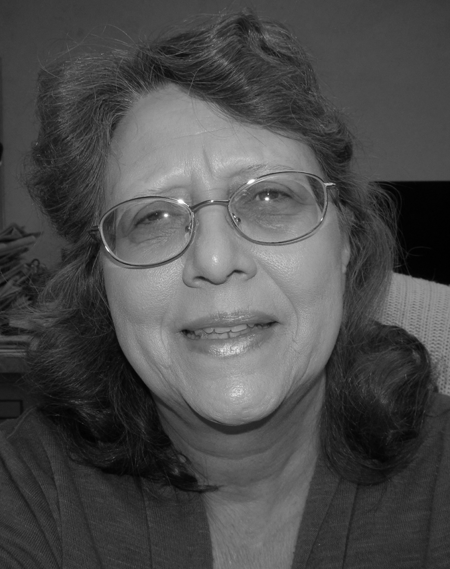Still Waters: Alzheimer’s is personal for Gardner family

With someone in the U.S. developing the disease every 66 seconds, Alzheimer’s is the sixth leading cause of death in America. More than five million Americans are living with the disease, for which there is no cure.
These are more than statistics for my brother-in-law Tom. His older brother Dave died in January at the age of 61. He had been diagnosed with early on-set Alzheimer’s and had rapidly declined in the last few years.
January was Alzheimer’s Awareness Month, a time to remind folks of this devastating disease that robs men and women of their minds, their personalities and ultimately their lives.
More people develop Alzheimer’s later in life than Dave did, and the disease is often confused with old age dementia. Alzheimer’s accounts for 60-80 percent of dementia cases but is not part of the normal aging process. It is a progressive brain disorder affecting memory and thinking skills, where the brain literally gets tangled up. Tangled brain fibers prevent neurons from sending messages to the body, first of memory and eventually of the most basic messages to continue living.
Of the 5.4 million Americans living with Alzheimer’s, 5.2 million of them are over age 65, with the remaining 200,000 developing early on-set Alzheimer’s, like Dave did.
I have known a number of people who developed Alzheimer’s, and it always saddened me to see the person I once knew become someone almost unrecognizable. Many lived in body for many years while their mind and soul were already gone.
The biggest factor I know of for contracting the disease is family heredity, although that does not appear to be the case with Dave, whose family did not have a history of Alzheimer’s. I have known brothers and sisters who contracted it, and it could be traced back in their ancestry.
For families dealing with Alzheimer’s, everything changes. Dreams of retirement for Dave and Susan were cruelly stolen away. As Dave could no longer work, Susan retired to take care of him. They moved to a house that would be easier for him to navigate. Susan tried to maintain routines and rituals that would make Dave comfortable. Everything in their lives was affected by this disease.
My little sister Kristi and her husband Tom, Dave’s brother, had been the ones to take care of their mom Betty, and Dave and Susan could no longer financially help with that. Betty died of cancer before Dave’s death, but she knew her son was dying. She had already lost a son, not to Alzheimer’s, but tragically.
This summer Kristi and Tom will go to the West Coast, where Dave and Susan lived, and fly kites along the beach, something Dave liked to do. It will be their final gift for a brother, a husband, a son — lost too soon.



